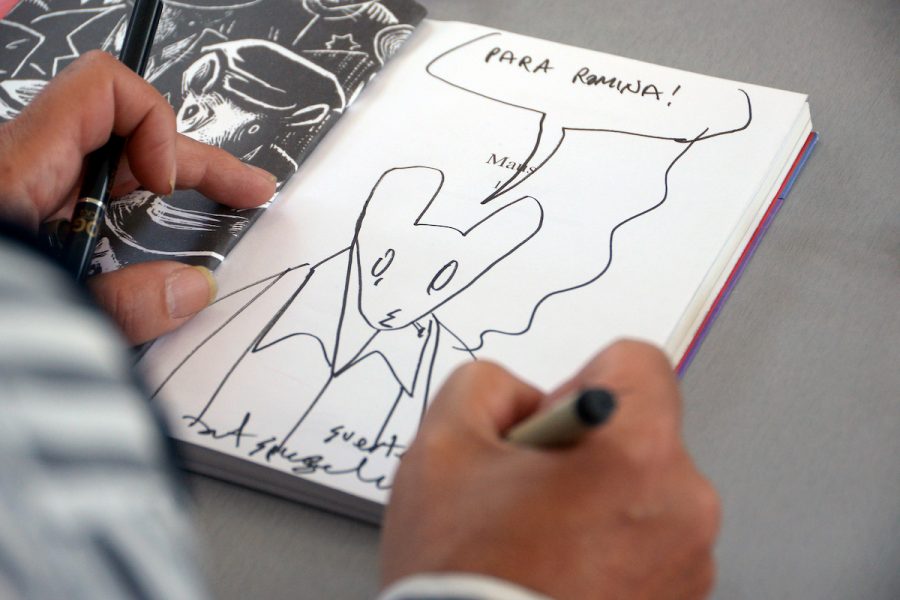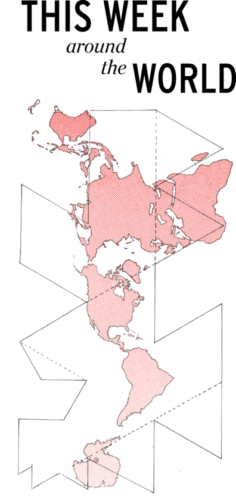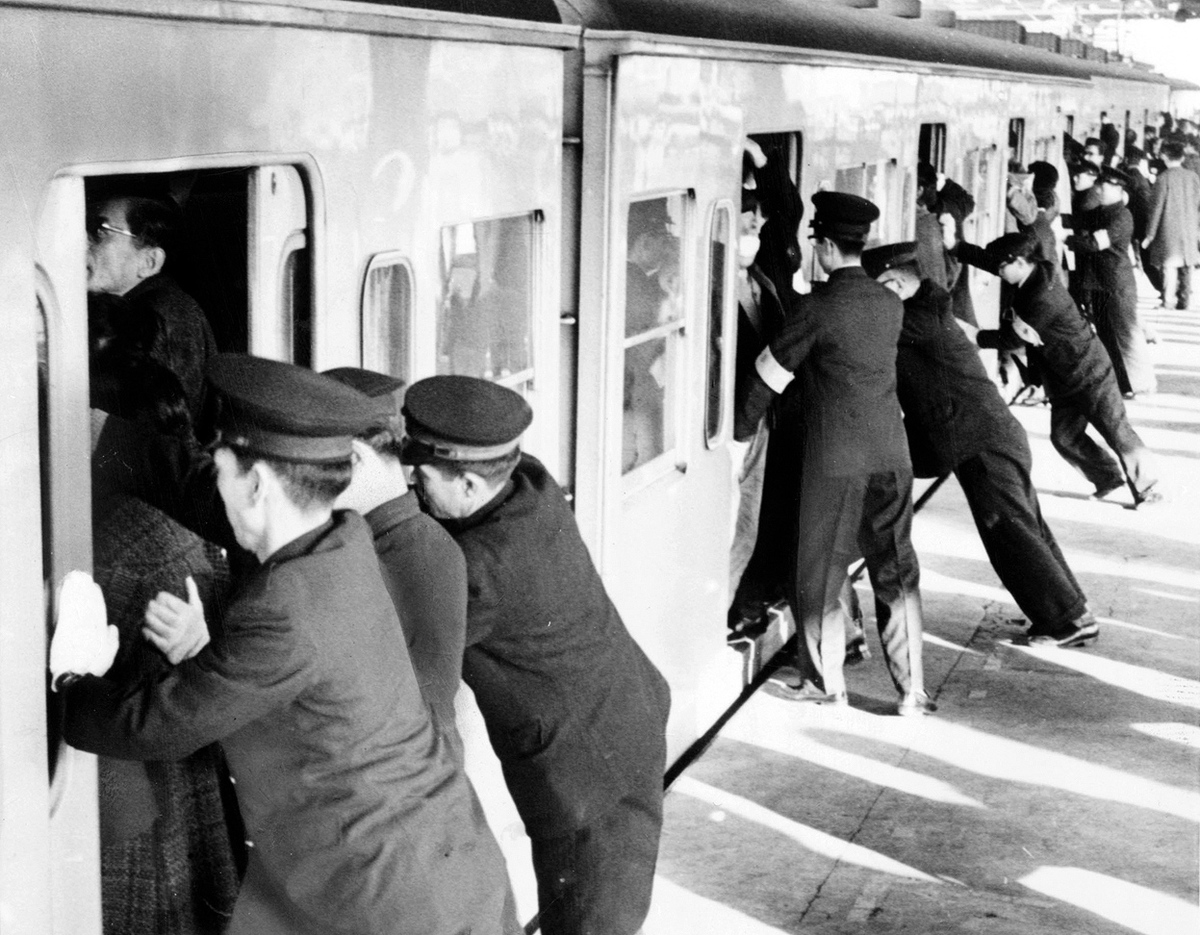Feb. 3 Porto Velho, Brazil: On Feb. 3, Brazilian President Jair Bolsonaro and Peruvian President Pedro Castillo met to discuss relations between the two countries, as reported by Reuters. Far-right Bolsonaro pressed Marxist-Leninist Castillo on the construction of a cross-border road, which would link Brazil’s Cruzeiro do Sul to the Peruvian city of Pucallpa—thus giving Brazil direct access to the Pacific Ocean. The road would cut through 68 miles of untouched rainforest through the Serra do Divisor National Park in Brazil. The construction of the road would cost approximately $94 million (500 million reais). So far, Peru has shown little support for the cross-country road. Bolsonaro attempted to bolster support in a statement issued after his meeting with Castillo, stating that building the road would create “great potential to increase economic integration.” Brazil also faces internal opposition, with several environmentalist groups and federal prosecutors opposing the disruption of the natural rainforest. Despite this, the Brazilian government has already authorized a lender to contract a company for the construction of the road. The two leaders did agree to facilitate trade between the two countries, with streamlined customs red-tape and ramped up border security.
Feb. 3 Atmeh, Syria: During on ongoing U.S. raid on Syria, Islamic State leader Abu Ibrahim al-Hashemi al Quraishi died from the detonation of a suicide bomb, which killed him and his family members before the U.S. raid team reached him, according to Reuters. The U.S. had been rehearsing the helicopter raid repeatedly for months. Quraishi’s predecessor, Islamic State leader Abu Bakr al-Baghdadi, also died from a self-detonated bomb during a U.S. raid of Syria in 2019. The U.S. decided to invade the city with helicopters first, and evacuate citizens afterwards. One unnamed woman recounted the U.S. loudspeaker warnings which said, “Men, women and children raise your hands. You are in the safety of the American coalition that is surrounding the area. You will die if you don’t get out.” Marine Corps General Frank McKenzie, who oversees the U.S. forces in the area, said that the evacuation team evacuated six civilians, including four children. According to McKenzie, the blast was “more massive than expected.” According to Syrian rescue workers, at least 13 people died. Of the discrepancies between Syrian aid worker and U.S. governmental reports, an unnamed senior White House official said, “It’s very clear from reviewing the operation in real time that the massive explosion on the third floor is what really caused the casualties.” On the following morning, Biden said, “Last night’s operation took a major terrorist leader off the battlefield and has sent a strong message to terrorists around the world: we will come after you and find you.”
Feb. 4 Beijing, China: On Feb. 4, Russian President Vladimir Putin arrived in China to attend the Beijing Olympics. Putin met with Chinese President Xi Jingping, who hosted him as they discussed and declared a so-called no-limits partnership, backing each other over standoffs with Ukraine and Taiwan as well as promising to enact further collaboration against the west. According to Reuters, Jingping expressed support for Russia’s demand that Ukraine should not be admitted into NATO, and in limiting growth of NATO altogether. In return, Putin expressed support for China’s assertion that Taiwan is an inalienable part of China, and opposed any form of independence for the island. The two countries also made a new gas deal worth approximately $117.5 billion, which will ramp up Russia’s far east exports. “Our oilmen have prepared very good new solutions on hydrocarbon supplies to the People’s Republic of China,” Putin said.





